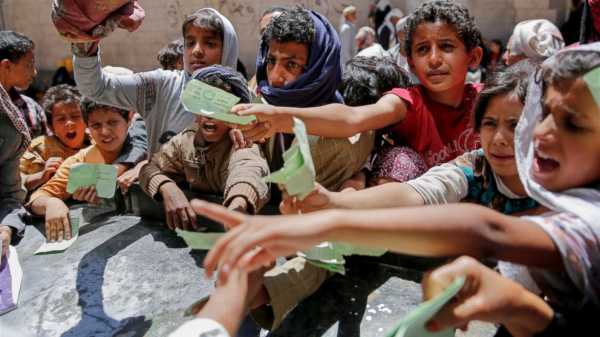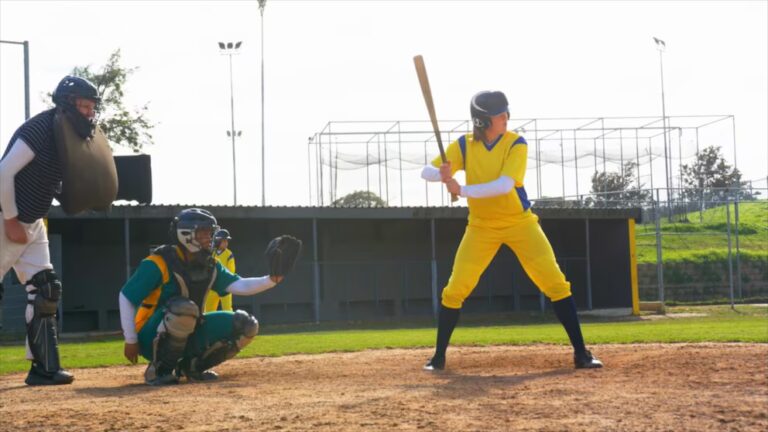
Warring sides in Yemen and their international backers must stop blocking or delaying aid deliveries, a top official in the U.N. children’s agency said Sunday, warning that such practices have contributed to worsening malnutrition among children and hampered efforts to fight cholera.
Geert Cappelaere, UNICEF’s director for the Middle East and North Africa, spoke as civil war in the Arab world’s poorest country — a proxy battle between regional rivals Saudi Arabia and Iran — enters its fourth year.
The fighting pits Iran-backed Shiite Houthi rebels against Yemen’s internationally recognized government, which is allied with a Saudi-led military coalition. The war started in March 2015 when the coalition began pounding the Houthis with airstrikes after they took control of the capital, Sanaa.
The stalemated war has damaged Yemen’s infrastructure, crippled its health system and pushed it to the brink of famine. The country now suffers the world’s worst humanitarian crisis, with more than 22.2 million people in need of assistance. Malnutrition, cholera and other diseases have killed or sickened thousands of civilians over the years.
Cappelaere briefed reporters in the Jordanian capital of Amman on Sunday, after returning from Yemen.
He called for an end to what he said was a brutal war against Yemen’s 11 million children.
In the absence of a political settlement, the combatants and their backers must ensure free access for aid shipments, without conditions, he said.
Cappelaere said precious weeks and months have been lost in haggling over the delivery of key supplies, such as solar power equipment, water pipes and fuel, to ensure access to clean water as aid agencies try to contain cholera and watery diarrhea.
“The minimum we should be asking for is that all children, boys and girls, in every single part of Yemen are reached with the minimum assistance,” he said.
Last year, more than one million Yemenis suffered from cholera and watery diarrhea, he said, adding that the next outbreak is likely only weeks away, with the start of the rainy season.
He said severe acute malnutrition among children has doubled in the past three years, from 200,000 in 2015.
Close to two million children in Yemen are not getting an education, up by almost half a million since 2015, an increase driven by war and conflict-linked poverty, he said. Some 2,500 schools have been destroyed or are no longer used for their original purpose, he said.
Cappelaere said his agency is seeking close to $350 million in aid for Yemen in 2018.
“That’s peanuts, compared to the billions of dollars that are currently invested in fighting the war,” he said. “So, international community, you have to decide where your priorities are. You continue investing in weapons, you continue investing in fighting, or you invest in children.”
The U.S. has been backing the Saudi-led military campaign against Houthi rebels, despite criticism over the heavy civilian casualty toll.
The Trump administration told Congress last week that it plans to approve an arms sale to Saudi Arabia valued at more than $1 billion. The State Department said the package includes up to about 6,700 U.S.-made anti-tank missiles, along with servicing, maintenance and parts for helicopters and tanks already in the kingdom’s arsenal.
Saudi Crown Prince Mohammed bin Salman is currently visiting the U.S.
———
Associated Press writer Karin Laub in the West Bank contributed reporting.
Sourse: abcnews.go.com






